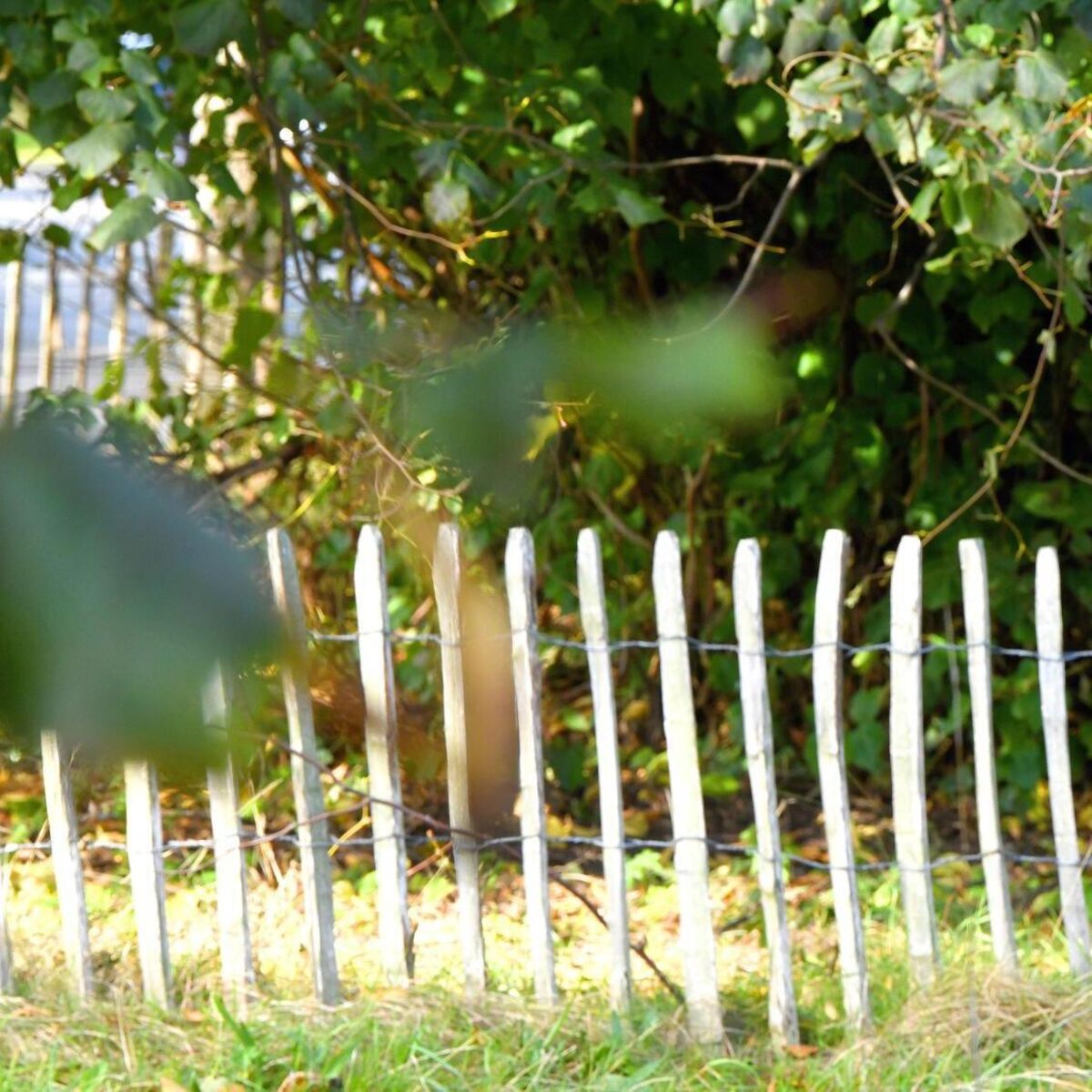By Irishexaminer.com,Sharon Ní Chonchúir
Copyright irishexaminer

“Did I want to go back to the same sort of job I had before? Or something different? Would I be able to get a job at the same level of seniority? Would it be flexible enough to fit around my other responsibilities? How would I make it all work?”
Prior to her career break, Mortimer had spent 21 years working her way up to become the global head of learning and development at a pharmaceutical company.
She loved the work but as a mother to three young children, she realised she was “missing out on too much at home”.
“That led me to a very difficult decision,” she says. “I had worked hard to achieve what I had achieved. There would be financial hardship involved in stepping away from a good permanent and pensionable job. But I decided at that point in time what I needed to focus on, being a mother.”
That’s what she did for the next six years. As her children grew and became more independent, she was also able to study for a master’s degree in herbal medicine, volunteer with a charity, and occasionally take on short-term contracts to help organisations with business development.
By the time her youngest was 10, she felt her children no longer needed her as much. The time had come to return to the world of full-time paid work but she was unsure how to go about it.
Julianne Miles is an occupational psychologist, author of Return Journey: How to get back to work and thrive after a career break, and co-founder of careerreturners.com, a British organisation that supports professionals returning to the workplace.
She says: “People returning to work have so much self doubt. In our annual survey, 90% of our clients say their confidence took a knock during their career break. They lose their professional identity. They question whether they have what it takes to go up against highly-qualified young people. They worry they no longer have a professional network and fear the working world and its technological advances have moved on without them.”
Outlining the return path
Career psychologist Sinéad Brady understands why they feel this way.
“When we take a career break, we step away from an environment where our competencies are seen, validated, and rewarded,” she says. “Our confidence is no longer reflected back at us, so it wavers.”
This problem is compounded by recruitment biases against individuals returning to the workplace. For example, Miles cites research from the Recruitment and Employment Confederation in Britain, which found that AI now screens CVs for gaps in people’s employment history in order to remove them from consideration.
Miles encountered some of these issues herself when she took four years off work following the birth of her two children: “I reached the point where I wanted to go back but felt stuck, unsure what I wanted to do next or how to go about it. When I looked into it, I found there were lots of talented and experienced people out there who were struggling to get back to work. I’m now on a mission to help them and ensure they aren’t subjected to a career break penalty.”
To avoid this outcome, Miles advises starting with becoming clear on your motivation for returning to work: “Finances are probably a factor, but there are likely to be others too. Whether it’s fulfilling your ambitions or wanting to feel like part of a team, identifying your reasons for wanting to go back to work will help narrow your job search and keep going if that search gets difficult.”
Once we know what we want, Brady urges us to start taking “the micro steps that will get us there”. These could include taking a course to refresh our skills, updating our CV and professional profile on LinkedIn, reconnecting with our professional network, or shopping for a new work wardrobe.
“Each of these steps will help you emotionally and psychologically by reminding you that you’re capable and confident,” says Brady.
She also suggests taking time to think about how to frame your career break. Lots of people apologise for it.
“Don’t do that,” she says. “Own it. Describe how you made a deliberate choice to leave the world of paid work for a time and how you are now returning with a fresh perspective and clear sense of priorities.”
The best way of doing this, says Miles, is to construct “a career break sandwich”.
“Start by giving a short overview of what you did before, which includes your qualifications, experiences, and biggest achievements,” she says.
“Add a sentence or two on when and why you took a career break. Finally, give a few sentences on what you are looking for now.”
She gets her clients to prepare several versions of this: One to use when introducing themselves, another for job applications, and a final one for social media profiles.
Miles and Brady both recognise the psychological and practical challenges of returning to the workplace.
It’s why they recommend seeking support from family, friends, former colleagues, coaches, or even the services of organisations like Miles’ Career Returners or workequal.ie — a charity that helps women and marginalised people who want to enter or return to employment here in Ireland.
Su Duff is the CEO of WorkEqual: “We know how bumpy the journey into a job can be and our volunteer coaches, HR professionals, and mentors help people through it.”
“They work with our clients to help them identify the jobs they want and support them through the job application process by helping them prepare CVs and find the right clothes to wear and practice for interviews, all with the aim of boosting their confidence.”
Rejuvenate programme
There are also structured programmes like ‘Rejuvenate’, which was developed by University College Cork in partnership with Taste4Success Skillnet.
Mortimer enrolled in this programme last October, hoping it would help her work through her insecurities about returning to work.
Each week for 12 weeks, she attended Zoom sessions with other women, where they were asked to reflect on what they wanted from the next stage of their careers and the practical steps they could take to achieve their goals.
“We also had one-to-one sessions with a coach and were given homework,” she says.
She found the support she received from the group hugely motivating: “Every one of us who attended that first session was full of self doubt, but over the weeks, we helped each other, learned from each other and celebrated each other’s achievements. We are now each other’s biggest cheerleaders.”
Participants are encouraged to embark on their job search with the support of the programme’s coaches and one another. Mortimer did just that and started her current job just three weeks after she graduated from Rejuvenate.
She is now the deputy CEO, with responsibility for HR and employee development, at Festina Lente in Bray — a charity that supports the therapeutic needs of people through horses, nature, and community.
She is delighted to be back at work.
“Stepping away from the workplace was the right thing to do when I did it, and now it has proven to be a great time to step back in,” she says.
Work Equal has an event coming up in Cork on November 12, which will cover tools and tips to help manage anxiety about returning to work and offer a styling session — where participants will create and go home with an interview outfit — as well as a one-to-one conversation with an HR professional or coach. workequal.ie
To join the next cohort of women enrolling on the Rejuvenate programme, visit ucc.ie/en/fitu/courses/shortcourse-rejuvenate



